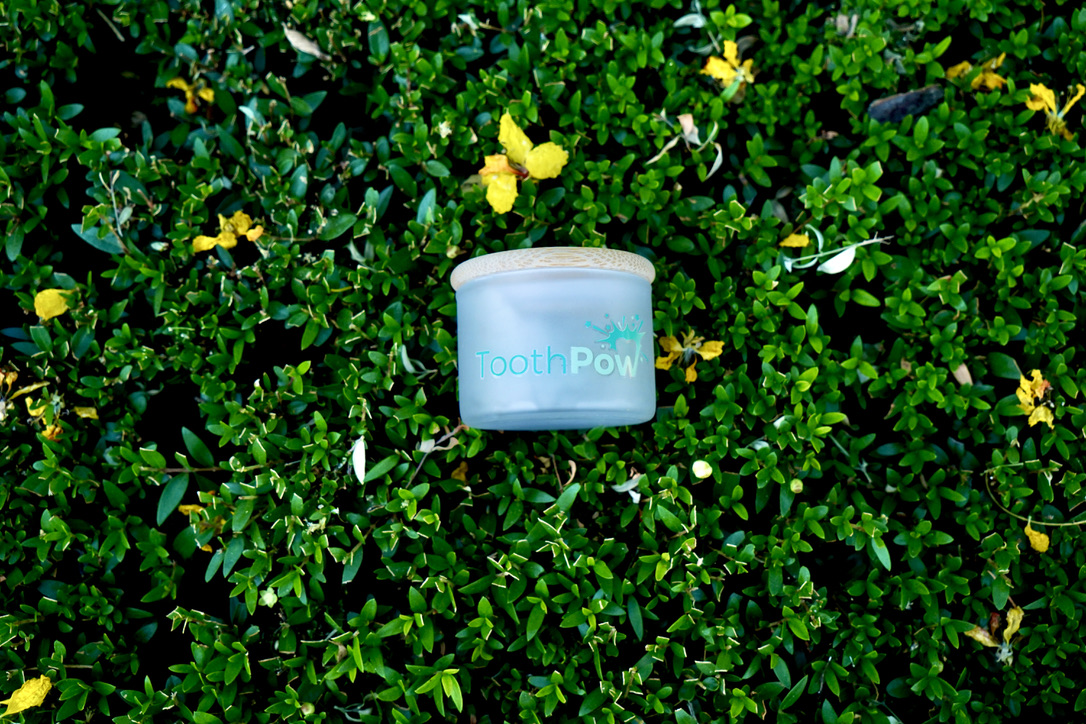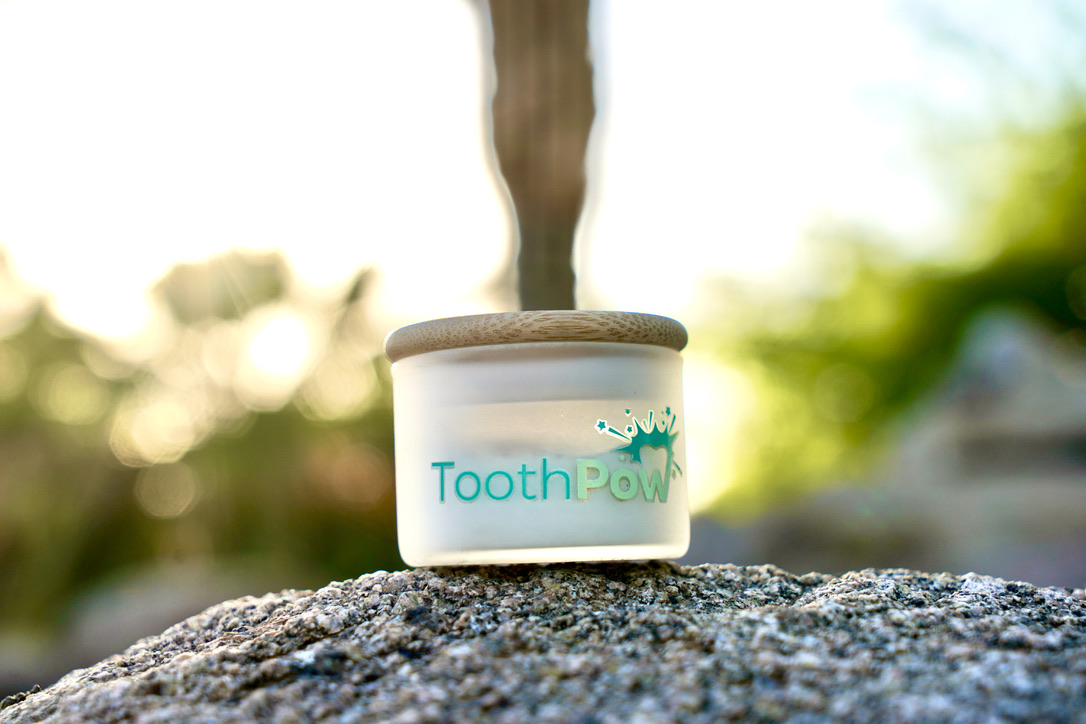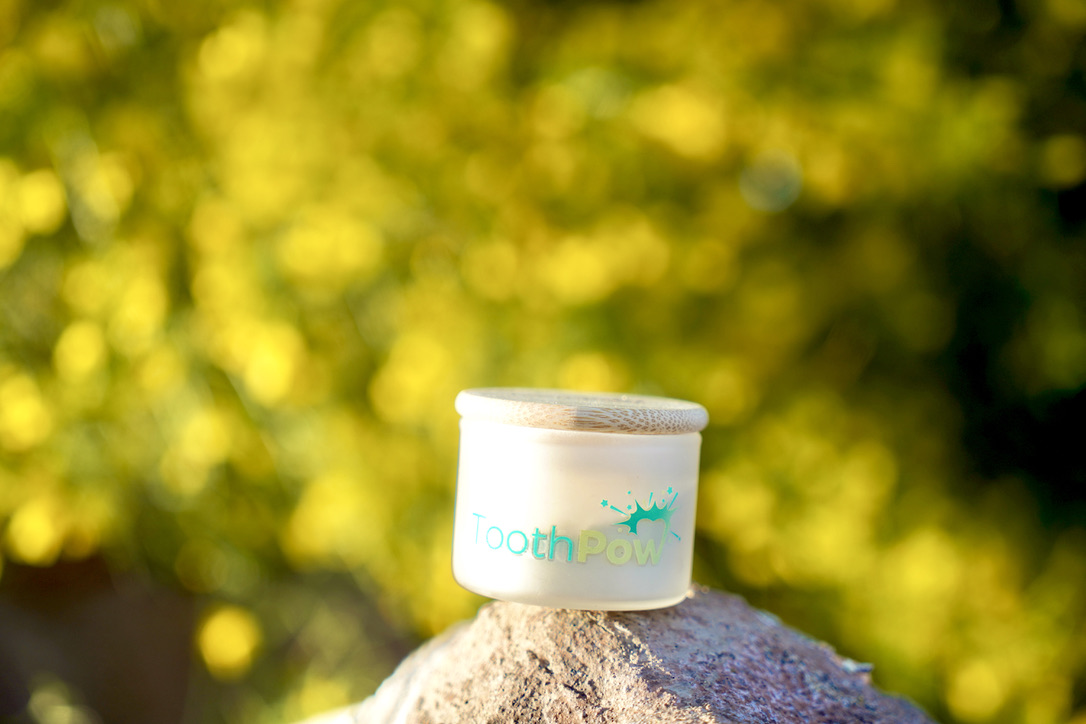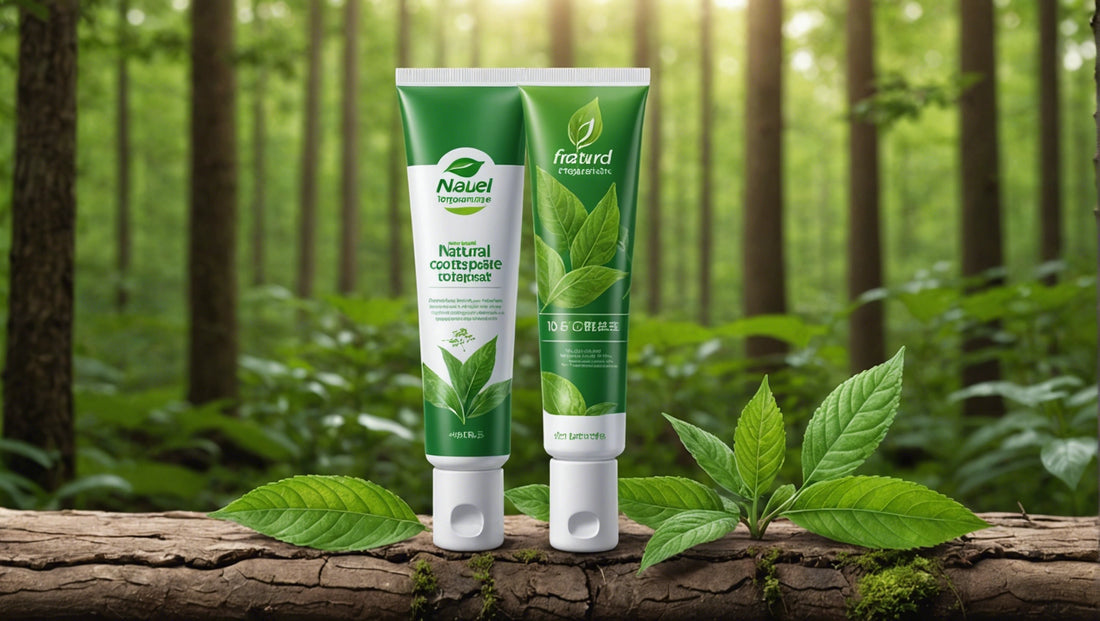Introduction
Sodium lauryl sulfate (SLS) is a ubiquitous ingredient in many personal care products, including toothpaste. Known for its ability to create a foaming action, SLS helps to loosen and remove debris from the mouth. However, SLS can cause various adverse effects, particularly for individuals with sensitive oral tissues. This comprehensive guide explores the benefits of choosing SLS-free toothpaste, backed by scientific research, and introduces ToothPow as a superior option for those seeking gentle yet effective oral care.
What is Sodium Lauryl Sulfate (SLS)?
Sodium lauryl sulfate is a surfactant used in many cleaning and personal care products. Its primary function is to create foam, which helps to loosen and remove debris from surfaces. SLS was originally developed for industrial purposes but has since found its way into a wide array of consumer products, including toothpaste (Dentistry.co.uk).
Health Concerns Associated with SLS
Several studies have highlighted potential adverse effects of SLS in toothpaste, including:
Mouth Ulcers and Canker Sores: Research shows that SLS can exacerbate conditions like mouth ulcers and canker sores. A study published in the journal Oral Diseases found that individuals prone to recurrent aphthous ulcers experienced fewer episodes when using SLS-free toothpaste (Perfora - Elevating Everyday Oral Care).
Oral Mucosa Irritation: SLS can irritate the oral mucosa, causing discomfort, dryness, and even peeling. This is particularly problematic for those with sensitive mouths. A study in the British Dental Journal noted that SLS could strip away the delicate layers of the oral mucosa, leading to increased irritation and discomfort (Dentistry.co.uk).
Disruption of Oral Microbiome: Emerging evidence suggests that SLS can disrupt the natural balance of bacteria in the mouth, potentially leading to other oral health issues. Maintaining a balanced oral microbiome is crucial for preventing dental problems like cavities and gum disease (Dental Review News).
-
Taste Alteration: One of the lesser-known effects of SLS is its impact on taste perception. SLS temporarily alters taste perception by suppressing sweet receptors and enhancing bitter ones. This can make sweet foods and beverages, such as orange juice and coffee, taste unpleasant after brushing your teeth (Dentistry.co.uk).

Benefits of SLS-Free Toothpaste
Switching to SLS-free toothpaste offers several advantages:
Reduced Irritation: SLS-free toothpaste is gentler on the mouth, reducing the risk of irritation and discomfort for people with sensitive oral tissues. This can be particularly beneficial for individuals with conditions like dry mouth (xerostomia) or those undergoing orthodontic treatment (Perfora - Elevating Everyday Oral Care) (Dentistry.co.uk).
Fewer Ulcers and Sores: Studies have shown that individuals who switch to SLS-free toothpaste experience fewer mouth ulcers and canker sores. Research indicates a significant reduction in the frequency of these painful sores when using SLS-free formulations (Dental Review News).
Improved Oral Health: SLS-free toothpaste can help maintain a balanced oral microbiome, which is crucial for overall oral health. By avoiding the disruptive effects of SLS, these toothpastes support a healthier environment in the mouth, which can help prevent cavities, gum disease, and other dental issues (Dentistry.co.uk).
Better Taste Perception: Without SLS, toothpastes do not interfere with your taste buds, allowing you to enjoy the true flavors of foods and beverages after brushing. This can enhance your overall eating and drinking experience and prevent the unpleasant taste alteration associated with SLS (Dentistry.co.uk).
Effective Alternatives to SLS
Many SLS-free toothpastes use alternative surfactants that are less irritating:
Cocamidopropyl Betaine: Derived from coconut oil, this surfactant is much milder and less likely to cause irritation. It is commonly found in natural and organic personal care products.
Sodium Cocoyl Glutamate: Another gentle surfactant often used in natural and organic products, known for its mildness and effectiveness in cleaning without causing irritation (Perfora - Elevating Everyday Oral Care) (Dental Review News).
Steareth-30: Used in some high-quality SLS-free toothpastes, Steareth-30 is a mild, low-foaming agent that protects delicate oral tissues while effectively cleaning the teeth (Dentistry.co.uk).
Choosing the Right SLS-Free Toothpaste
When selecting an SLS-free toothpaste, consider the following factors:
Active Ingredients: Look for toothpastes with active ingredients that address your specific oral health needs. For example, fluoride is essential for remineralizing enamel and preventing cavities, while xylitol can help reduce the risk of tooth decay by inhibiting the growth of harmful bacteria (Dental Review News).
-
Additional Benefits: Some SLS-free toothpastes include beneficial ingredients like nano-hydroxyapatite for enamel remineralization, aloe vera for soothing irritated gums, and essential oils for fresh breath. These ingredients can provide extra protection and promote overall oral health (NewMouth) (Perfora - Elevating Everyday Oral Care).
ToothPow: A Superior SLS-Free Toothpaste

ToothPow stands out as an excellent choice for those seeking a high-quality SLS-free toothpaste. Here's why ToothPow is a superior option:
Natural Ingredients: ToothPow is formulated with all-natural ingredients, ensuring that it is gentle on the mouth and free from harsh chemicals. The use of natural, non-toxic ingredients aligns with the growing demand for safer personal care products.
No Foaming Agents: Unlike conventional toothpastes that rely on SLS for foaming, ToothPow avoids foaming agents altogether. This makes it ideal for individuals with sensitive oral tissues or those who experience discomfort from foaming products.
Hydroxyapatite: ToothPow incorporates both nano and micro-hydroxyapatite, which are proven to effectively remineralize and strengthen enamel. This ingredient is a superior alternative to fluoride, providing robust protection against cavities and enhancing overall dental health (NewMouth) (Dentistry.co.uk).
Eco-Friendly Packaging: ToothPow is committed to sustainability, using eco-friendly packaging to reduce environmental impact. This commitment to sustainability extends to the sourcing of high-quality, natural ingredients.
Clinical Evidence: Studies have shown that hydroxyapatite is highly effective in improving dental health. By using both nano and micro-hydroxyapatite, ToothPow offers comprehensive protection and remineralization, making it a scientifically-backed choice for oral care (Dentistry.co.uk) (Perfora - Elevating Everyday Oral Care).
Scientific Research Supporting SLS-Free Toothpaste
Numerous scientific studies support the benefits of using SLS-free toothpaste:
Reduction in Mouth Ulcers: A study published in Oral Diseases demonstrated that individuals using SLS-free toothpaste experienced a significant reduction in the frequency of recurrent aphthous ulcers. This highlights the importance of avoiding SLS for those prone to mouth ulcers (Perfora - Elevating Everyday Oral Care).
Improved Oral Health: Research published in the Journal of Clinical Dentistry found that SLS-free toothpaste helped maintain a healthier oral microbiome. This supports the use of SLS-free formulations for better overall oral health (NewMouth) (Dental Review News).
Gentle on Oral Tissues: A study in the British Dental Journal noted that SLS-free toothpaste was less likely to cause irritation and discomfort in the oral mucosa. This makes it a suitable choice for individuals with sensitive mouths or those experiencing dryness and irritation from conventional toothpastes (Dentistry.co.uk).
SLS and Taste Perception
One of the notable drawbacks of SLS in toothpaste is its impact on taste perception. SLS can temporarily alter the way your taste buds perceive flavors by suppressing sweet receptors and enhancing bitter ones. This phenomenon explains why certain foods and beverages, particularly orange juice and coffee, taste unpleasant after brushing your teeth with an SLS-containing toothpaste.
Suppression of Sweet Taste: SLS reduces the ability of your taste buds to detect sweet flavors. This suppression can last for several minutes after brushing, making sweet foods and drinks taste less pleasant.
Enhancement of Bitter Taste: SLS can also enhance the perception of bitterness. This is why foods and beverages that have bitter components, such as coffee and some citrus juices, taste more bitter and unpalatable after brushing with an SLS-containing toothpaste (Dentistry.co.uk).
By switching to an SLS-free toothpaste, you can avoid these temporary alterations in taste perception, allowing you to enjoy your favorite foods and beverages without any unpleasant aftertastes.
Conclusion
Switching to SLS-free toothpaste can significantly improve your oral health, especially if you have sensitive oral tissues or are prone to mouth ulcers. By understanding the potential drawbacks of SLS and exploring gentler alternatives, you can make an informed decision that promotes a healthier, more comfortable oral care routine.
ToothPow offers a superior solution for those seeking an effective and gentle SLS-free toothpaste. With its natural ingredients, hydroxyapatite formulation, and commitment to sustainability, ToothPow provides comprehensive dental care while avoiding the harsh effects of SLS.

For more detailed information and scientific references, you can check out the following sources:
NewMouth - The 6 Best SLS-Free Toothpastes of 2024
Perfora - Why You Should Switch To A Toothpaste Without Sodium Lauryl Sulfate
[Dental Review News - Dr Surina Sehgal: Why Choose SLS-Free Toothpaste?](https://www.dentalreview.news/or

